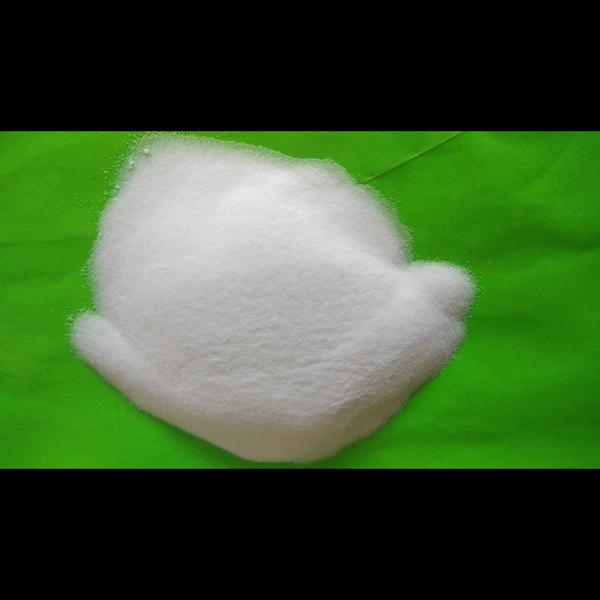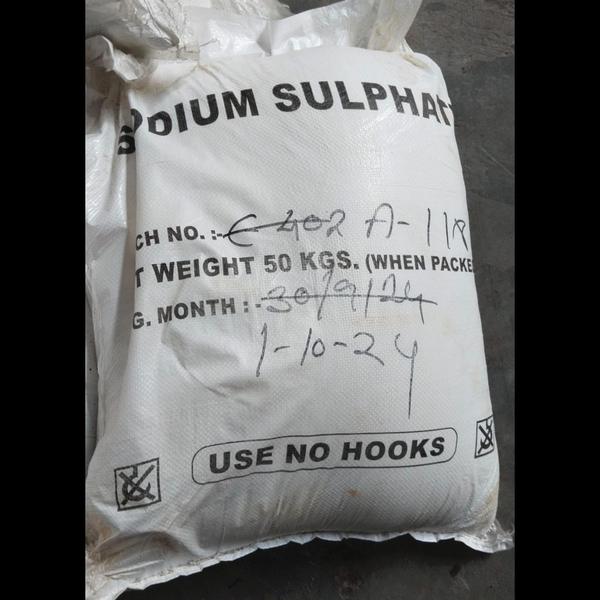Here is a comprehensive overview of the properties of Zinc Sulphate (ZnSO₄), an important inorganic compound used across industries such as agriculture, medicine, chemical synthesis, and water treatment.
🧪 Zinc Sulphate (ZnSO₄) – Detailed Properties
🔹 1. Basic Information
Property Value
Chemical Name Zinc Sulphate
Chemical Formula ZnSO₄
Common Forms Zinc sulphate monohydrate (ZnSO₄·H₂O), heptahydrate (ZnSO₄·7H₂O)
Molar Mass 161.47 g/mol (anhydrous)
179.45 g/mol (monohydrate)
287.54 g/mol (heptahydrate)
CAS Number 7733-02-0
🔹 2. Physical Properties
Property Description
Appearance White crystalline powder or colorless crystals
Odor Odorless
Taste Astringent, metallic
Density 3.54 g/cm³ (anhydrous)
2.07 g/cm³ (heptahydrate)
Melting Point 680°C (anhydrous, decomposes)
Boiling Point Decomposes before boiling
Solubility in Water Highly soluble (~57.7 g/100 mL at 20°C for heptahydrate)
Solubility in Alcohol Slightly soluble
Color White or transparent crystals
Crystal System Orthorhombic or monoclinic (depends on hydration)
🔹 3. Chemical Properties
Property Description
Nature Inorganic salt, acidic in aqueous solution
pH of Solution Around 4–5 (5% solution)
Decomposition On heating, hydrates lose water; at high temperatures, decomposes to ZnO and SO₃
Reactivity Reacts with bases to form zinc hydroxide, and with carbonates to form zinc carbonate
Corrosiveness Mildly corrosive to metals in moist air
Oxidizing/Reducing Neither a strong oxidizer nor reducer
🔹 4. Hydrated Forms
Form Chemical Formula Description
Anhydrous ZnSO₄ Rare in nature, industrially prepared
Monohydrate ZnSO₄·H₂O Most common commercial grade
Heptahydrate ZnSO₄·7H₂O Known as 'white vitriol'; naturally occurs as mineral goslarite
🔹 5. Applications
Industry Application
Agriculture Micronutrient fertilizer (Zn source for crops), corrects zinc deficiency
Animal Feed Added to animal feed as zinc supplement
Pharmaceuticals Treats zinc deficiency, used in lozenges and skin ointments
Water Treatment Used to control algae in water reservoirs and sewage treatment
Electroplating Zinc electrolyte in plating baths
Chemical Industry Intermediate in production of other zinc compounds
Dyeing/Textile Mordant in dyeing processes
🔹 Biological & Health Properties
Aspect Description
Essential Mineral Provides dietary zinc – important for immune function, wound healing, enzyme function
Toxicity Safe in small doses; excessive intake can cause nausea, vomiting, and stomach cramps
Irritation Dust or concentrated solutions may irritate eyes, skin, and respiratory tract
🔹 Environmental Behavior
Property Description
Solubility Highly water soluble – may leach into groundwater
Toxic to Aquatic Life In high concentrations; must be controlled in industrial effluents
Biodegradability Inorganic – not biodegradable, but naturally occurring elements are recycled in soil/water systems
🔹 Storage & Handling
Guideline Description
Storage Store in cool, dry place, in tightly sealed containers
Compatibility Avoid contact with strong oxidizers and alkalis
Safety Measures Use gloves and goggles when handling industrial-grade zinc sulphate
✅ Summary Highlights
Zinc sulphate is a white, water-soluble salt used in agriculture, health, and industry.
Commonly used forms are monohydrate and heptahydrate.
Plays a vital biological role as a micronutrient in humans, animals, and plants.
Also used in electroplating, water purification, and medicine.



